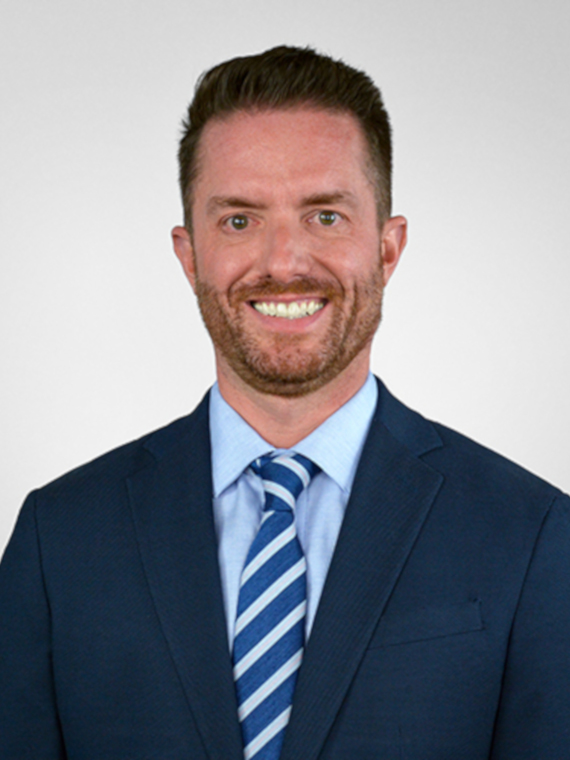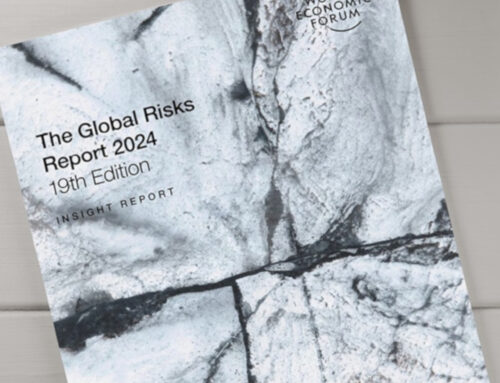

NCOIL 2022 Spring Meeting Summary
Share this
Government & Regulatory Relations (GRR) recently attended the National Council of Insurance Legislators (NCOIL) Spring Meeting.
The Property & Casualty Insurance Committee discussed development of the NCOIL Delivery Network Company (DNC) Model, which will likely be based on the NCOIL Model Act to Regulate Insurance Requirements for Transportation Network Companies and Transportation Network Drivers. Zurich will remain engaged with our national trade association and other stakeholders to ensure that the DNC Model Act does not adversely affect our business or our customers’.
The Committee discussed the NCOIL Insurance Underwriting Transparency Model Act, which would require insurers to notify insureds of the reasons for any rate changes upon renewal. The Model Act stems from the Committee charge to address any perceived discriminatory practices as recommended by NCOIL’s now dis-banded Special Committee on Race and Insurance. While a possible alternative to any NAIC work in the area of disparate impact, we remain concerned that it could adversely affect our ability to tailor customer solutions.
Six regulators from the following jurisdictions participated in the NCOIL – NAIC Dialogue: Director Dean Cameron (ID), NAIC President, Commissioner Andrew Mais (CT), NAIC Vice President, Commissioner Troy Downing (MT), Commissioner Alan McClain (AR), and Commissioner Glen Mulready (OK).
Commissioners Cameron (ID) and Mais (CT) discussed the NAIC’s work stemming from the NAIC Special Committee (EX) on Race and Insurance, noting that the NAIC was now focused on items it could deliver this year, including identifying regulatory barriers to products, to the industry, and to the regulatory community. Further data analysis on the subject remains a longer-term project.
Commissioner Mais led a discussion on the draft proposed changes to the NAIC Climate Risk Disclosure Survey. The NAIC began the current Survey in 2009 and, in 2021, a workstream obtained input on the collection of climate information from stakeholders, including insurers, investors, and rating agencies. He expects the revised Survey based on this input to be adopted at the NAIC Spring National Meeting in early April. Zurich has been engaged in discussions on the proposed changes to the Survey. Of note, Zurich has successfully advocated for the NAIC to accept an insurer’s annual climate disclosures based on the Financial Stability Board’s Task Force on Climate-related Financial Disclosures (TCFD) in lieu of completing the Survey. Despite the proposed changes, the NAIC will continue to accept these TCFD disclosures in lieu of completing the NAIC survey, saving Zurich hours of regulatory burden and duplication.
Commissioner Andrew Mais (CT) opened the General Session: The Interrelationship Between Climate Change and Insurance by noting that climate change was an existential threat and also a social justice issue. Of importance to Zurich, Commissioner Mais said there was no single solution to survive climate change but there was a need to ensure resilience. He referenced a new Sustainable Insurance Forum that includes regulators, industry, the UN, and IAIS. He said New York has established a consensus set of principles that would be the basis of ongoing work.
Another of the presenters, Rich Sorkin, Co-Founder & CEO, Jupiter Intelligence, presented on his company’s modeling capabilities. Jupiter Intelligence won the Zurich North America 2020 Zurich Innovation Championship. Zurich Risk Solutions currently uses Jupiter Intelligence in their climate model projections as a service it provides to insureds.
By Adam Kerns

Assistant Vice President, State Affairs
NCOIL 2022 Spring Meeting Summary
Share this
Government & Regulatory Relations (GRR) recently attended the National Council of Insurance Legislators (NCOIL) Spring Meeting.
The Property & Casualty Insurance Committee discussed development of the NCOIL Delivery Network Company (DNC) Model, which will likely be based on the NCOIL Model Act to Regulate Insurance Requirements for Transportation Network Companies and Transportation Network Drivers. Zurich will remain engaged with our national trade association and other stakeholders to ensure that the DNC Model Act does not adversely affect our business or our customers’.
The Committee discussed the NCOIL Insurance Underwriting Transparency Model Act, which would require insurers to notify insureds of the reasons for any rate changes upon renewal. The Model Act stems from the Committee charge to address any perceived discriminatory practices as recommended by NCOIL’s now dis-banded Special Committee on Race and Insurance. While a possible alternative to any NAIC work in the area of disparate impact, we remain concerned that it could adversely affect our ability to tailor customer solutions.
Six regulators from the following jurisdictions participated in the NCOIL – NAIC Dialogue: Director Dean Cameron (ID), NAIC President, Commissioner Andrew Mais (CT), NAIC Vice President, Commissioner Troy Downing (MT), Commissioner Alan McClain (AR), and Commissioner Glen Mulready (OK).
Commissioners Cameron (ID) and Mais (CT) discussed the NAIC’s work stemming from the NAIC Special Committee (EX) on Race and Insurance, noting that the NAIC was now focused on items it could deliver this year, including identifying regulatory barriers to products, to the industry, and to the regulatory community. Further data analysis on the subject remains a longer-term project.
Commissioner Mais led a discussion on the draft proposed changes to the NAIC Climate Risk Disclosure Survey. The NAIC began the current Survey in 2009 and, in 2021, a workstream obtained input on the collection of climate information from stakeholders, including insurers, investors, and rating agencies. He expects the revised Survey based on this input to be adopted at the NAIC Spring National Meeting in early April. Zurich has been engaged in discussions on the proposed changes to the Survey. Of note, Zurich has successfully advocated for the NAIC to accept an insurer’s annual climate disclosures based on the Financial Stability Board’s Task Force on Climate-related Financial Disclosures (TCFD) in lieu of completing the Survey. Despite the proposed changes, the NAIC will continue to accept these TCFD disclosures in lieu of completing the NAIC survey, saving Zurich hours of regulatory burden and duplication.
Commissioner Andrew Mais (CT) opened the General Session: The Interrelationship Between Climate Change and Insurance by noting that climate change was an existential threat and also a social justice issue. Of importance to Zurich, Commissioner Mais said there was no single solution to survive climate change but there was a need to ensure resilience. He referenced a new Sustainable Insurance Forum that includes regulators, industry, the UN, and IAIS. He said New York has established a consensus set of principles that would be the basis of ongoing work.
Another of the presenters, Rich Sorkin, Co-Founder & CEO, Jupiter Intelligence, presented on his company’s modeling capabilities. Jupiter Intelligence won the Zurich North America 2020 Zurich Innovation Championship. Zurich Risk Solutions currently uses Jupiter Intelligence in their climate model projections as a service it provides to insureds.
By Adam Kerns

Assistant Vice President, State Affairs



